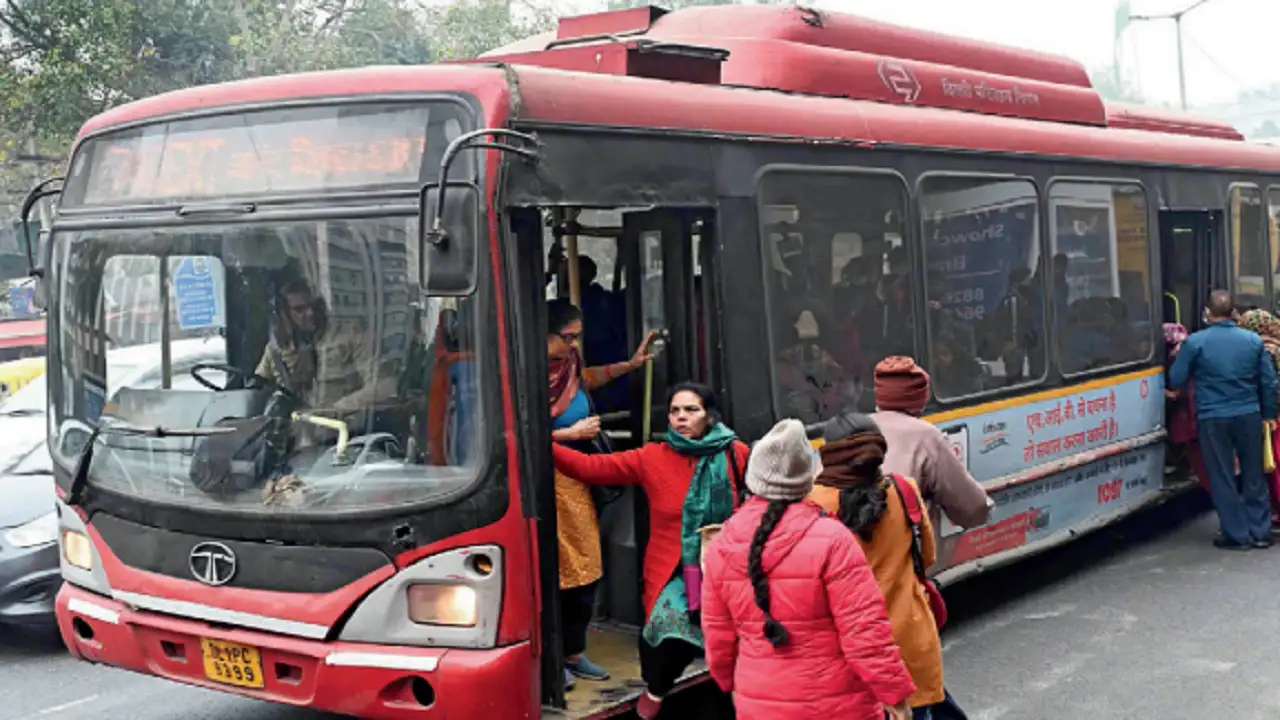Pune faces public transport crisis as bus fleet shrinks amid rising demand
Pune’s public transportation landscape is facing significant challenges, with both the Maharashtra State Road Transport Corporation (MSRTC) and the Pune Mahanagar Parivahan Mahamandal Limited (PMPML) grappling with fleet shortages amidst rising passenger demand. The MSRTC, once boasting a fleet of 18,000 buses before the COVID-19 pandemic, has seen its numbers dwindle to approximately 14,000 as of December 2024. This reduction has strained operations, leading to increased vehicle breakdowns and prolonged wait times for passengers. In response, MSRTC has announced plans to induct 3,500 new ‘Lal Pari’ buses into its fleet starting January 2025, aiming to bolster service reliability and meet the escalating demand.
Similarly, PMPML is contending with its own set of challenges. The expiration of contracts with two of its seven contractors led to the withdrawal of over 200 buses from service. Additionally, 60 buses reached the end of their operational life in June 2024, and daily breakdowns of at least 20 buses have further strained passenger services. Despite plans to add 400 CNG buses by February 2025, the procurement process has faced delays, leaving passengers to bear the brunt of these setbacks. The challenges faced by both MSRTC and PMPML have broader implications for Pune’s urban environment. Insufficient public transportation options often drive residents to rely on private vehicles, exacerbating traffic congestion, increasing carbon emissions, and hindering the city’s sustainability goals. To counter this trend, a robust and reliable public transport system is essential, not only to meet the mobility needs of the populace but also to promote eco-friendly and sustainable urban development.
Recognizing the critical role of public transportation in urban planning, state authorities have emphasized the need for substantial fleet expansions. For instance, to improve last-mile connectivity with the Metro, around 1,000 additional buses are deemed necessary. This initiative underscores the importance of integrating various modes of public transport to create a seamless and efficient network for commuters. The current scenario presents an urgent call to action for all stakeholders involved. Timely procurement and deployment of new buses, coupled with effective maintenance strategies, are imperative to restore public confidence in the system. Moreover, fostering collaboration between government bodies, transport corporations, and the public can lead to innovative solutions that address both immediate challenges and long-term sustainability objectives.
As Pune strives towards becoming a model of eco-friendly and equitable urban development, strengthening its public transportation infrastructure stands as a pivotal step. Ensuring that residents have access to reliable, efficient, and sustainable transit options will not only enhance the quality of life but also contribute significantly to the city’s environmental and social well-being.



